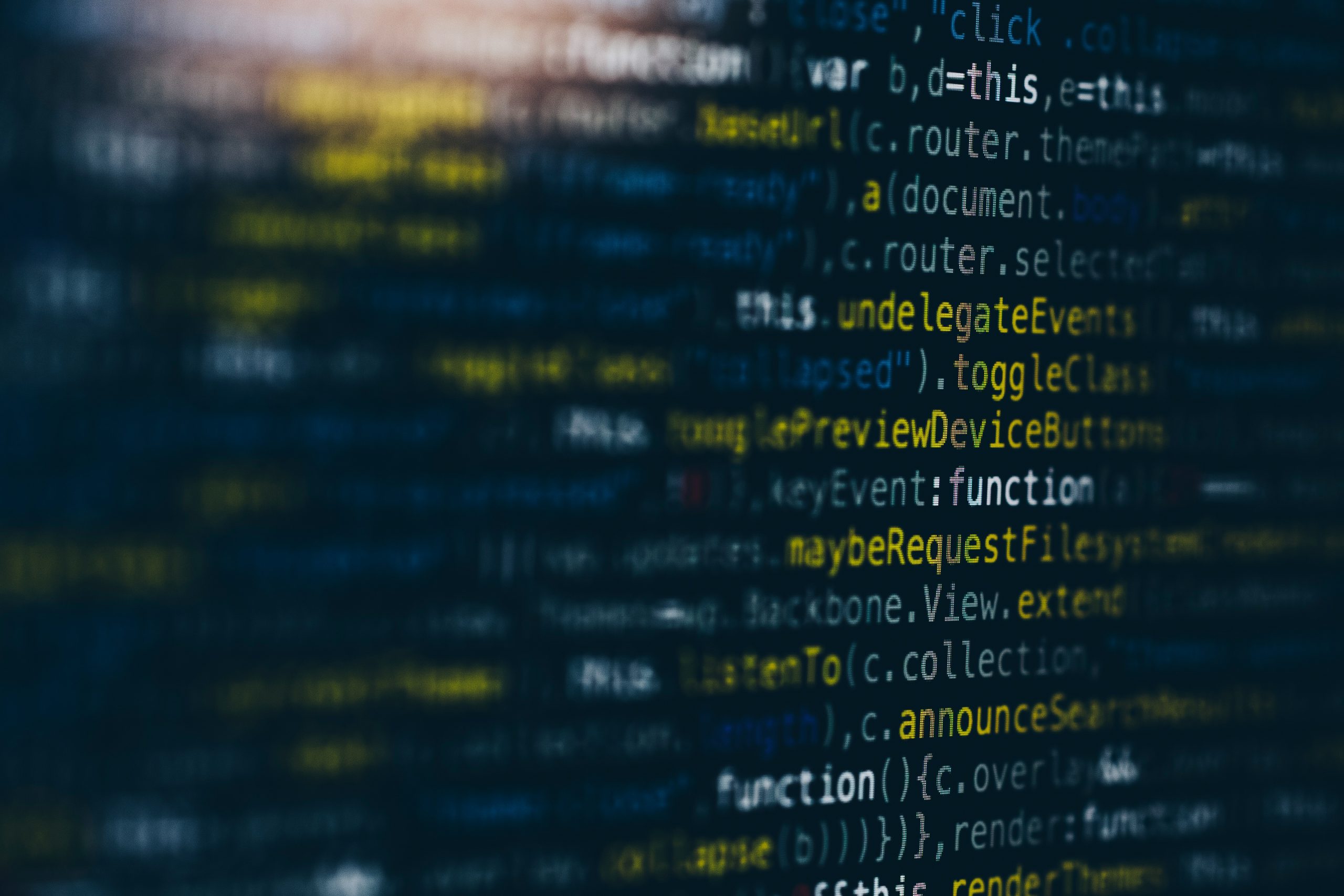Here is a rewritten version of the content without changing its meaning, while retaining the original length and keeping proper headings and titles:
On Monday, AI startup Runway announced the release of what it claims is one of the most advanced AI-powered video generators available.
The new model, called Gen-4, is being rolled out to the company’s individual and enterprise customers. According to Runway, Gen-4 can generate consistent characters, locations, and objects across scenes, maintain coherent world environments, and recreate elements from different perspectives and positions within scenes.
As stated in a blog post by Runway, “Gen-4 can utilize visual references and instructions to create new images and videos with consistent styles, subjects, locations, and more, all without the need for fine-tuning or additional training.”
Gen-4 sets a new standard for video generation, surpassing its predecessor Gen-3 Alpha. It excels in generating highly dynamic videos with realistic motion, as well as subject, object, and style consistency, with superior prompt adherence and best-in-class world understanding. pic.twitter.com/w9ACO5boJ7
— Runway (@runwayml) March 31, 2025
Runway, which is backed by investors including Salesforce, Google, and Nvidia, offers a range of AI video tools, including video-generating models like Gen-4. The company faces intense competition in the video generation space, including from OpenAI and Google. However, Runway has attempted to differentiate itself by partnering with a major Hollywood studio and allocating millions of dollars to fund films using AI-generated video.
Runway claims that Gen-4 allows users to generate consistent characters across varying lighting conditions using a reference image of those characters. To create a scene, users can provide images of subjects and describe the composition of the shot they want to generate.
Using visual references and instructions, Gen-4 enables users to create new images and videos with consistent styles, subjects, locations, and more, allowing for continuity and control within stories.
To test the model’s narrative capabilities, we have put together… pic.twitter.com/IYz2BaeW2U
— Runway (@runwayml) March 31, 2025
According to Runway’s blog post, “Gen-4 excels in its ability to generate highly dynamic videos with realistic motion, as well as subject, object, and style consistency, with superior prompt adherence and best-in-class world understanding. Runway Gen-4 represents a significant milestone in the ability of visual generative models to simulate real-world physics.”
Like all video-generating models, Gen-4 was trained on a vast number of video examples to learn patterns and generate synthetic footage. However, Runway has not disclosed the source of its training data, citing concerns about maintaining a competitive advantage and potential intellectual property lawsuits.
In fact, Runway is currently facing a lawsuit from artists who accuse the company and other generative AI firms of training their models on copyrighted artwork without permission. Runway argues that the doctrine of fair use protects it from liability, but the outcome of the case is uncertain.
The stakes are high for Runway, which is reportedly raising a new round of funding that would value the company at $4 billion. According to The Information, Runway aims to reach $300 million in annualized revenue this year, following the launch of products like an API for its video-generating models.
Regardless of the outcome of the lawsuit against Runway, generative AI video tools are likely to significantly impact the film and TV industry. A 2024 study commissioned by the Animation Guild found that 75% of film production companies that have adopted AI have reduced, consolidated, or eliminated jobs after incorporating the technology. The study also estimates that by 2026, over 100,000 U.S. entertainment jobs will be disrupted by generative AI.




